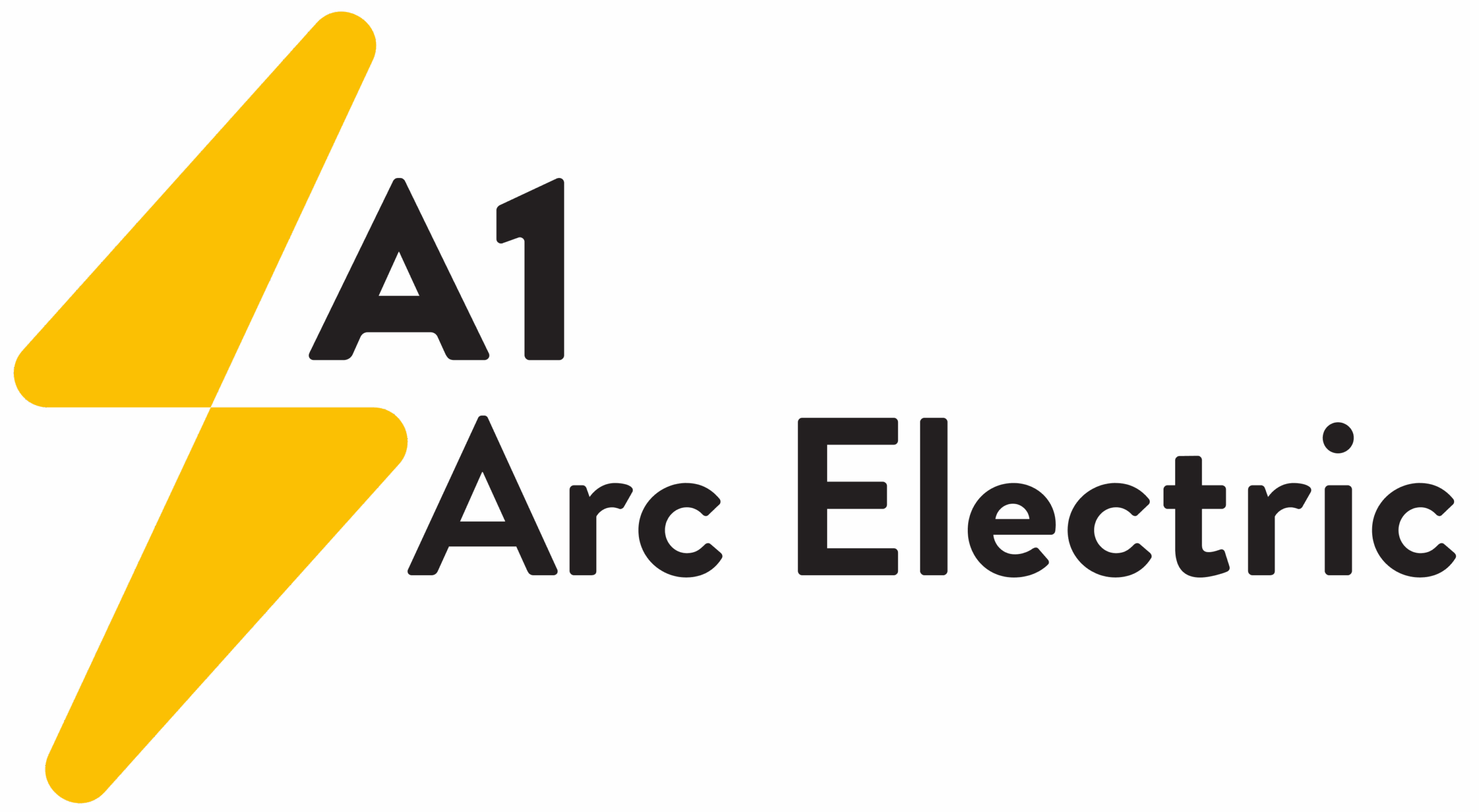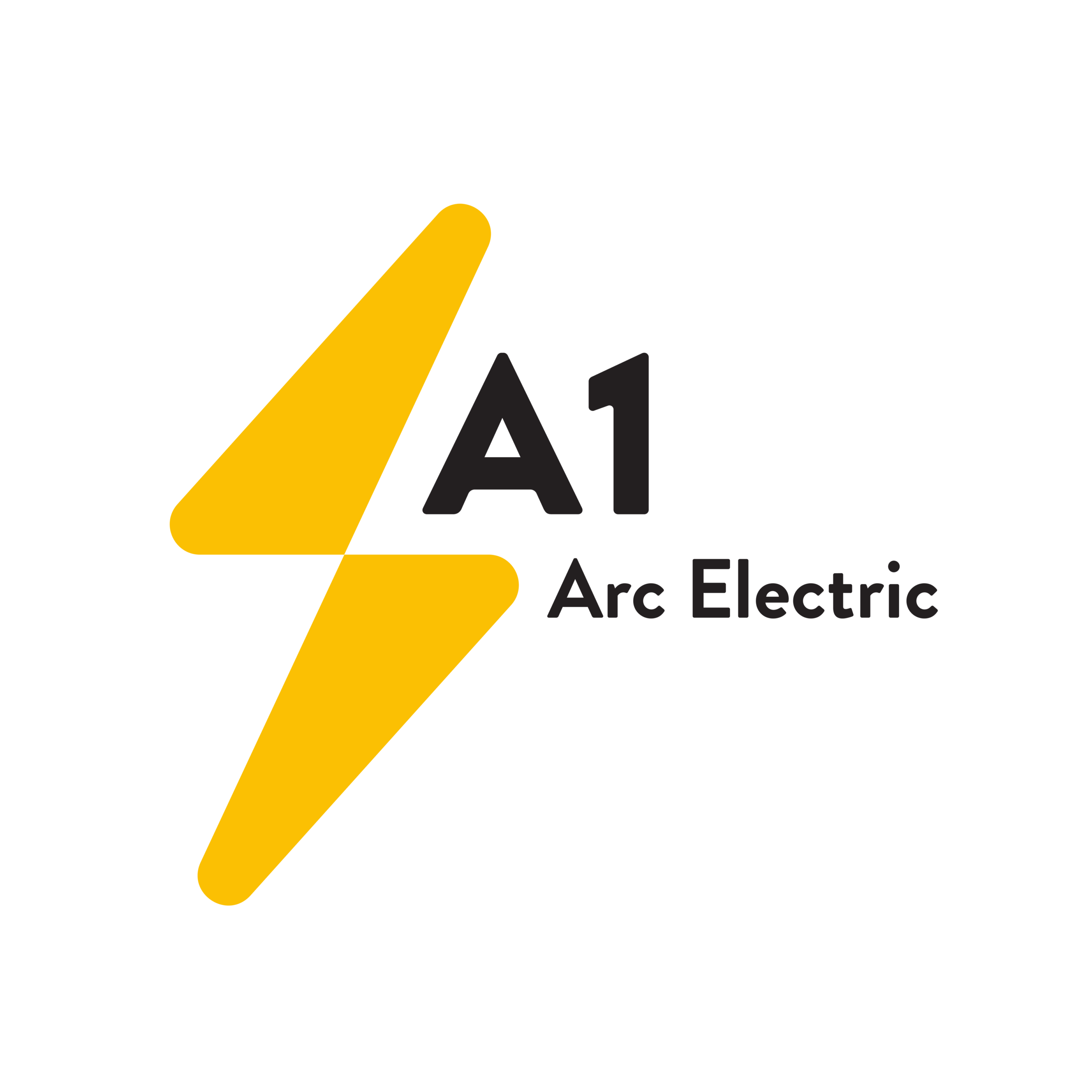Home renovations offer an exciting opportunity to enhance the functionality and aesthetics of your living space. However, one critical aspect that homeowners often overlook is the role of electrical systems in ensuring both safety and efficiency. The electrical framework of your home is integral, not only for powering everyday devices but also for accommodating modern technologies and future needs.
Well-planned electrical systems can significantly boost your home’s energy efficiency, reducing utility bills and minimizing environmental impact. It is crucial to consider the current and future electrical demands, integrating technologies like smart home devices and energy-efficient appliances.
Moreover, safety is paramount. Inadequate electrical systems can pose significant risks, including electrical fires and electrocution. Therefore, engaging with professional electricians during the planning phase of your renovation is essential. They can provide insights into the latest technologies and ensure that all installations comply with safety standards.
Ultimately, understanding the pivotal role of electrical systems in home renovations allows you to make informed decisions, enhancing your home’s comfort, safety, and efficiency.
Key Wiring Considerations for a Smooth Renovation
-
Assessing existing wiring conditions
-
Deciding on rewiring or upgrading
-
Choosing the right type of wiring for different areas
-
Planning for future technology integration
-
Importance of professional installation
When embarking on home renovations, evaluating your existing wiring is crucial. Older homes may have outdated wiring systems that cannot support modern electrical loads, necessitating a complete overhaul. Rewiring ensures safety, reduces the risk of electrical hazards, and can accommodate evolving technological needs.
Choosing the appropriate type of wiring for different areas is vital. For instance, kitchens and bathrooms require moisture-resistant wiring, while living areas might benefit from wiring that supports high-speed internet and smart devices. Additionally, planning for future technology integration, such as smart home systems and renewable energy sources, can save time and money down the line.
Professional installation is non-negotiable. Licensed electricians can assess your wiring needs, provide expert advice, and ensure compliance with electrical codes. This not only safeguards your home but also enhances the efficiency and reliability of your electrical system.
Overall, addressing key wiring considerations early in the renovation process can lead to a smoother experience, minimizing disruptions and ensuring long-term safety and functionality.
Lighting Upgrades: Enhancing Ambiance and Efficiency
-
Benefits of upgrading lighting systems
-
Types of lighting: ambient, task, and accent
-
Energy-efficient lighting solutions
-
Impact on ambiance and mood enhancement
-
Professional guidance for optimal lighting design
Lighting plays a transformative role in home renovations, significantly impacting both ambiance and energy efficiency. Upgrading your lighting systems not only enhances the aesthetic appeal of your home but also contributes to energy savings and a reduced carbon footprint.
There are several types of lighting to consider: ambient lighting provides overall illumination, task lighting focuses on specific areas for activities like reading or cooking, and accent lighting highlights features such as artworks or architectural details. Integrating these types strategically can create a harmonious and inviting atmosphere.
Energy-efficient lighting solutions, such as LED bulbs, offer long-term savings and are environmentally friendly. They consume less power and have a longer lifespan compared to traditional incandescent bulbs. Moreover, modern lighting systems can be integrated with smart home technology, allowing for customizable lighting schemes and dimmable settings, further enhancing the mood and functionality of your spaces.
Professional guidance is invaluable in designing an optimal lighting plan. Electricians can assess your needs, recommend suitable fixtures, and ensure installations meet safety codes. Ultimately, well-planned lighting upgrades can transform your home into a more efficient, comfortable, and visually appealing environment.
Integrating Modern Solutions: EV Chargers and Heat Pump Systems
-
Growing importance of EV chargers in homes
-
Heat pump systems for efficient heating and cooling
-
Benefits of integrating these systems during renovations
-
Planning and installation considerations
-
Role of professionals in seamless integration
As the world moves towards sustainable living, integrating modern solutions like Electric Vehicle (EV) chargers and heat pump systems during home renovations becomes increasingly important. These technologies not only future-proof homes but also enhance energy efficiency and sustainability.
EV chargers are becoming essential as electric vehicles gain popularity. Installing a home EV charger during renovations ensures convenience, reduces reliance on public charging stations, and increases property value. Similarly, heat pump systems offer an efficient alternative for heating and cooling needs, using less energy compared to traditional HVAC systems.
The benefits of integrating these systems during renovations are manifold. They provide long-term savings on energy bills, improve home comfort, and reduce environmental impact. However, careful planning is required to accommodate the electrical demands of these systems, ensuring compatibility and efficiency.
Professional electricians play a crucial role in the seamless integration of these technologies. They can assess your home’s electrical capacity, recommend suitable systems, and ensure compliance with safety standards. By embracing modern solutions, homeowners can enjoy enhanced efficiency and sustainability in their renovated spaces.
The Importance of Panel and Service Upgrades in Renovations
-
Role of electrical panels in distributing power
-
When to consider panel upgrades
-
Benefits of service upgrades for increased capacity
-
Impact on safety and efficiency
-
Professional assessment and execution
Electrical panels are the heart of your home’s electrical system, responsible for distributing power throughout the house. During renovations, assessing your panel’s capacity is essential to ensure it can handle the increased electrical demands of modern appliances and technologies.
Panel upgrades are necessary if your existing system is outdated or insufficient. Upgrading your electrical panel enhances safety, reduces the risk of overloads, and increases your home’s resale value. It also provides the capacity needed for new installations, such as EV chargers and advanced HVAC systems.
Service upgrades, which involve increasing the electrical capacity of your home, are equally important. They ensure that your electrical system can accommodate future expansions and technological advancements, enhancing efficiency and reliability.
Professional assessment and execution are crucial in panel and service upgrades. Electricians can evaluate your needs, recommend appropriate solutions, and ensure installations meet code requirements. By investing in panel and service upgrades during renovations, you can ensure a safe, efficient, and future-ready electrical system.
Ensuring Safety and Compliance in Electrical Renovations
-
Importance of adhering to electrical codes and regulations
-
Common safety hazards during renovations
-
Role of permits and inspections
-
Engaging licensed professionals for compliance
-
Long-term benefits of safe electrical renovations
Safety and compliance are paramount in electrical renovations, ensuring that all installations meet regulatory standards and minimize the risk of hazards. Adhering to electrical codes is not just a legal requirement but a critical factor in protecting your home and its occupants.
Renovations can uncover common safety hazards, such as outdated wiring or faulty connections, which must be addressed promptly. Permits and inspections play a vital role in ensuring that all work complies with safety standards. These processes verify that installations are performed correctly and safely, providing peace of mind.
Engaging licensed professionals is essential for compliance. Experienced electricians understand the intricacies of electrical codes and can navigate the permitting process efficiently. Their expertise ensures that all work is up to standard, reducing the likelihood of future issues.
The long-term benefits of safe electrical renovations are significant. They enhance the lifespan of your electrical systems, improve energy efficiency, and protect against potential hazards. By prioritizing safety and compliance, homeowners can enjoy a secure and functional living environment, confident in the reliability of their electrical systems.





